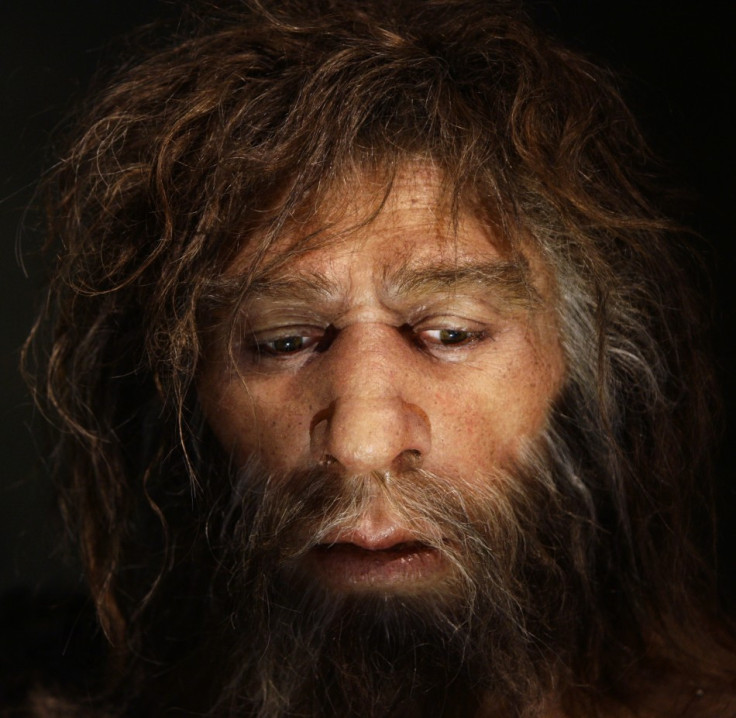Early humans did not mumble and grunt: Language 'developed rapidly'

Early humans did not mumble and grunt when they first started to speak to one another – instead a sophisticated language system developed rapidly, MIT researchers have said.
Humans started talking in a unique and complex form at some point between 50,000 and 100,000 years ago – but how this happened is subject to debate.
Some researchers have said humans started using a "proto-language" – a primitive and rudimentary form of communication that involved the gradual development of words and syntaxes.
However, scientists publishing a study in the journal Frontiers in Psychology say this is not the case and instead, people started talking in the now familiar way very quickly.
Study author Shigeru Miyagawa believes single words have traces of syntax, suggesting they must be descended from an older and syntax-laden system, instead of simple primal grunts: "Since we can find syntax within words, there is no reason to consider them as 'linguistic fossils' of a prior, presyntax stage," he said.
Miyagawa believes humans have combined an "expressive layer" of language – seen in birdsong – with a "lexical layer" that can be found in monkeys, which have been shown to utter sounds with meaning like alarm calls. He says these two layers of language blended very quickly and successfully.
Arguing their point, Miyagawa and study co-author Vitor A Nobrega say a single word can be as complex as an entire phrase, meaning it is less likely words we use today are the descendants of a presyntax mode of speech. They point to the word 'nationalisation', which starts with a noun, becomes and adjective then forms a verb and goes on to become a noun.
"Hierarchical structure is present not only in single words, but also in compounds, which, contrary to the claims of some, are not the structureless fossilized form of a prior stage," Miyagawa said.
The study is linked with previous research that suggests human languages are universally connected and come from our ability to use syntax.
"The hierarchical complexity found in present-day language is likely to have been present in human language since its emergence," he said.
The researchers wrote: "Our core hypothesis is that the emergence of human language arose very rapidly from the linking of two pre-adapted systems found elsewhere in the animal world—an expression system, found, for example, in birdsong, and a lexical system, suggestively found in non-human primate calls.
"We challenge the view that language has undergone a series of gradual changes - or a single preliminary protolinguistic stage—before achieving its full character. We argue that a full-fledged combinatorial operation 'Merge' triggered the integration of these two pre-adapted systems, giving rise to a fully developed language."
Commenting on the research, Andrea Moro, a professor of linguistics at the Institute for Advanced Study in Pavia, Italy, said the paper was "very interesting" but that there is an "intuitive difference" between words that are assembled form a compound word or a sentence. However, he said the findings could offer "new empirical data to test the hypothesis and shed light on the birth of human language".
© Copyright IBTimes 2024. All rights reserved.























